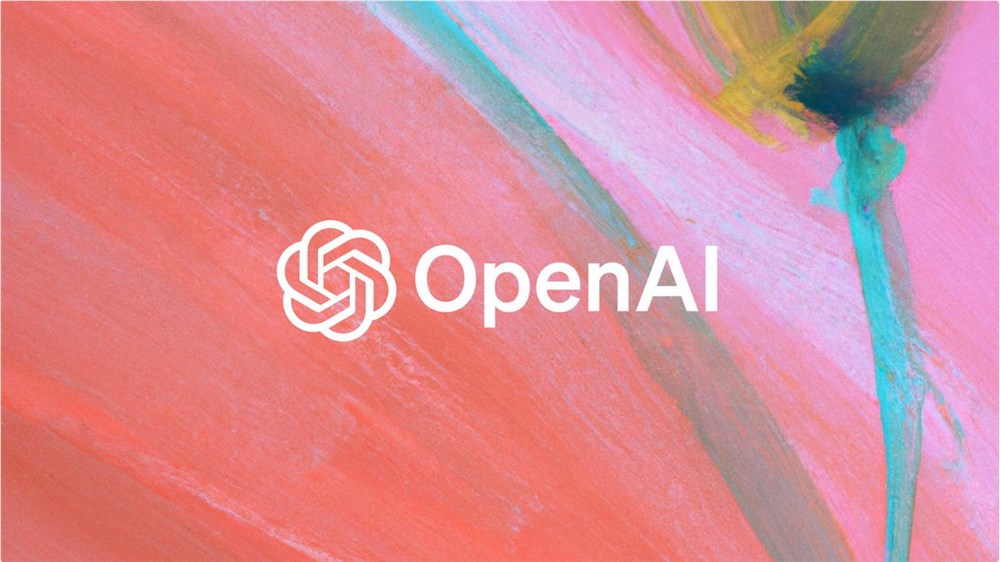Recently, OpenAI issued a statement promising to use patents only for defensive purposes, which has attracted widespread attention in the industry. The editors of Downcodes conducted an in-depth analysis of this statement and found that its vague definition and lack of legal binding force have caused experts to question it. Whether this statement can truly promote healthy competition in the market deserves further exploration.
Recently, OpenAI quietly released a statement on its official website, promising not to use its patents in an infringing manner. OpenAI said it would follow the principles of "broad access" and "collaboration," emphasizing that it would "only use patents for defensive purposes." However, this promise has many experts expressing doubts.

According to OpenAI's statement, its patents will only be used as a defense if other parties do not threaten, assert, initiate litigation, or assist others in doing so. Their rhetoric seems to indicate that they may take action if any behavior causes harm to the company or users. This confuses many people because the definition of “defensive” is unclear.
Mike Borella, a partner at MBHB, said that OpenAI's commitment is quite vague compared with the commitment IBM made to open source software makers in 2005. Borella believes that the wording of the last sentence can be interpreted as potentially affecting all competitors in the market and those who fairly criticize ChatGPT's shortcomings.
In addition, Borella also mentioned that OpenAI’s patent portfolio itself is not rich, and the company’s intellectual property strategy relies more on trade secrets, such as confidential training data and methods. Although U.S. Patent and Trademark Office patent applications are typically not made public until 18 months after filing, OpenAI has only received a handful of patents so far.
What's more, OpenAI's patent promise is just a promise, not legally binding and cannot be enforced like a contract or warranty. In this regard, Shubha Ghosh, a professor of intellectual property law at Syracuse University, pointed out that OpenAI can still defend its rights based on copyright, trade secrets or contract law. Therefore, if OpenAI violates this commitment, such as filing patent infringement lawsuits against other companies or individuals, they will only lose short-term credibility.
Borella called OpenAI's announcement a "good PR slogan," arguing that it was just an attempt to cater to the tech community and regulators, similar to Tesla's vague patent promise in 2014. Overall, Borella believes that this statement is nothing more than a "paper tiger" and cannot effectively promote healthy competition in the market.
Highlight:
1. ? OpenAI promises to only use patents defensively, but its definition is vague, causing experts to question it.
2. ?️ OpenAI’s patent portfolio is relatively poor and relies more on trade secrets.
3. This commitment lacks legal binding force, and OpenAI can still safeguard its rights based on other laws.
All in all, this statement from OpenAI is more of a public relations strategy, and its vague definition and lack of legal binding greatly reduce its effectiveness. OpenAI's actual actions in the future will be the key to testing its promise.